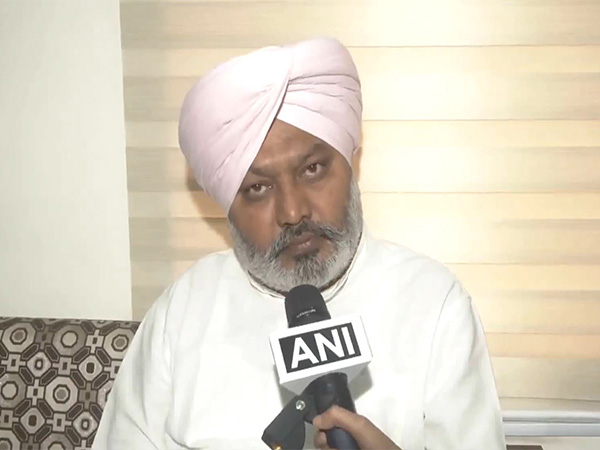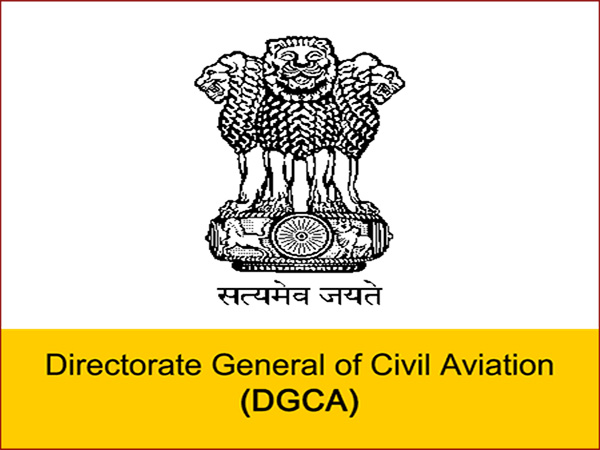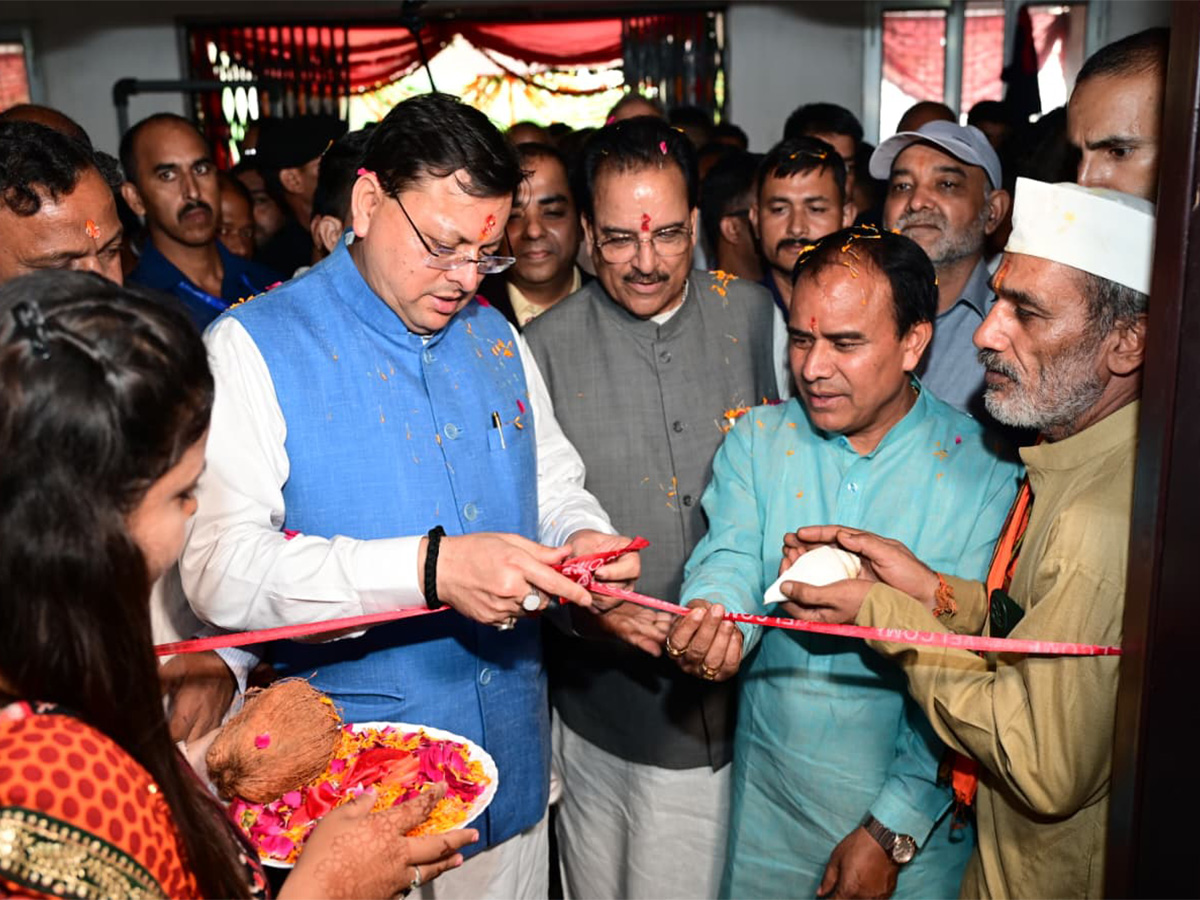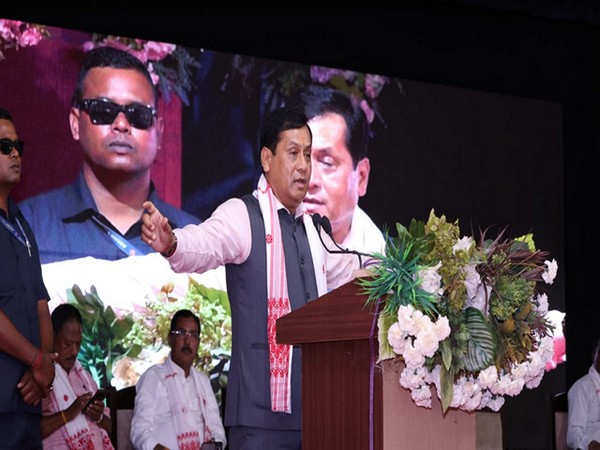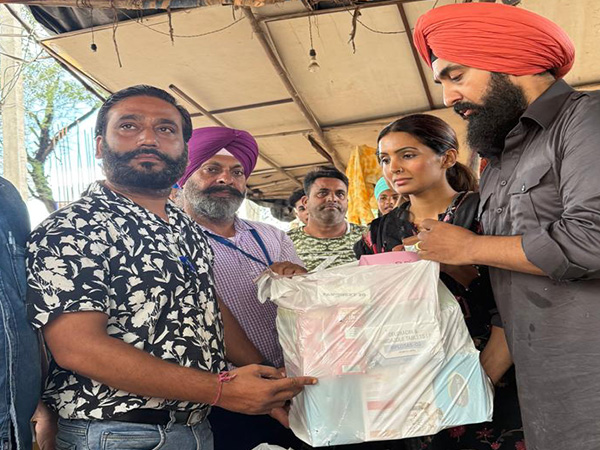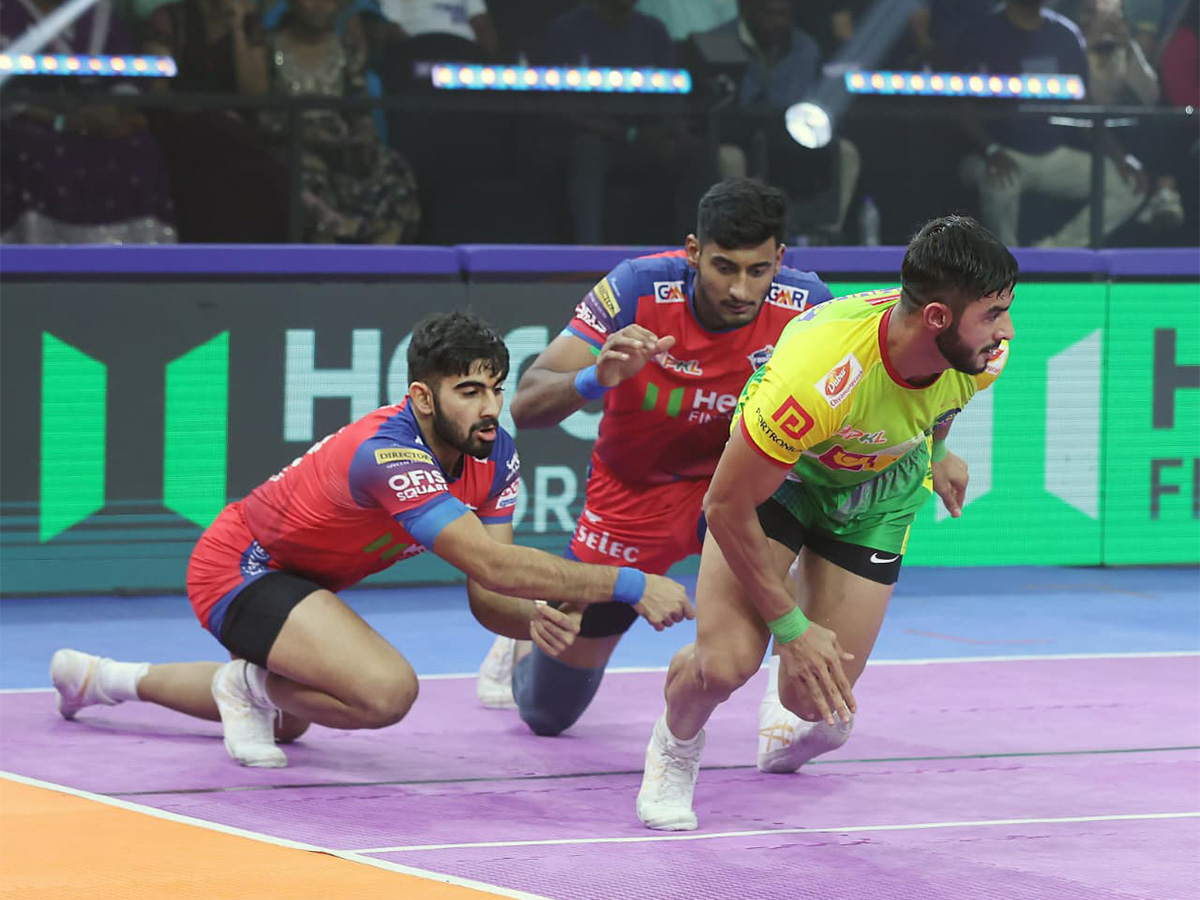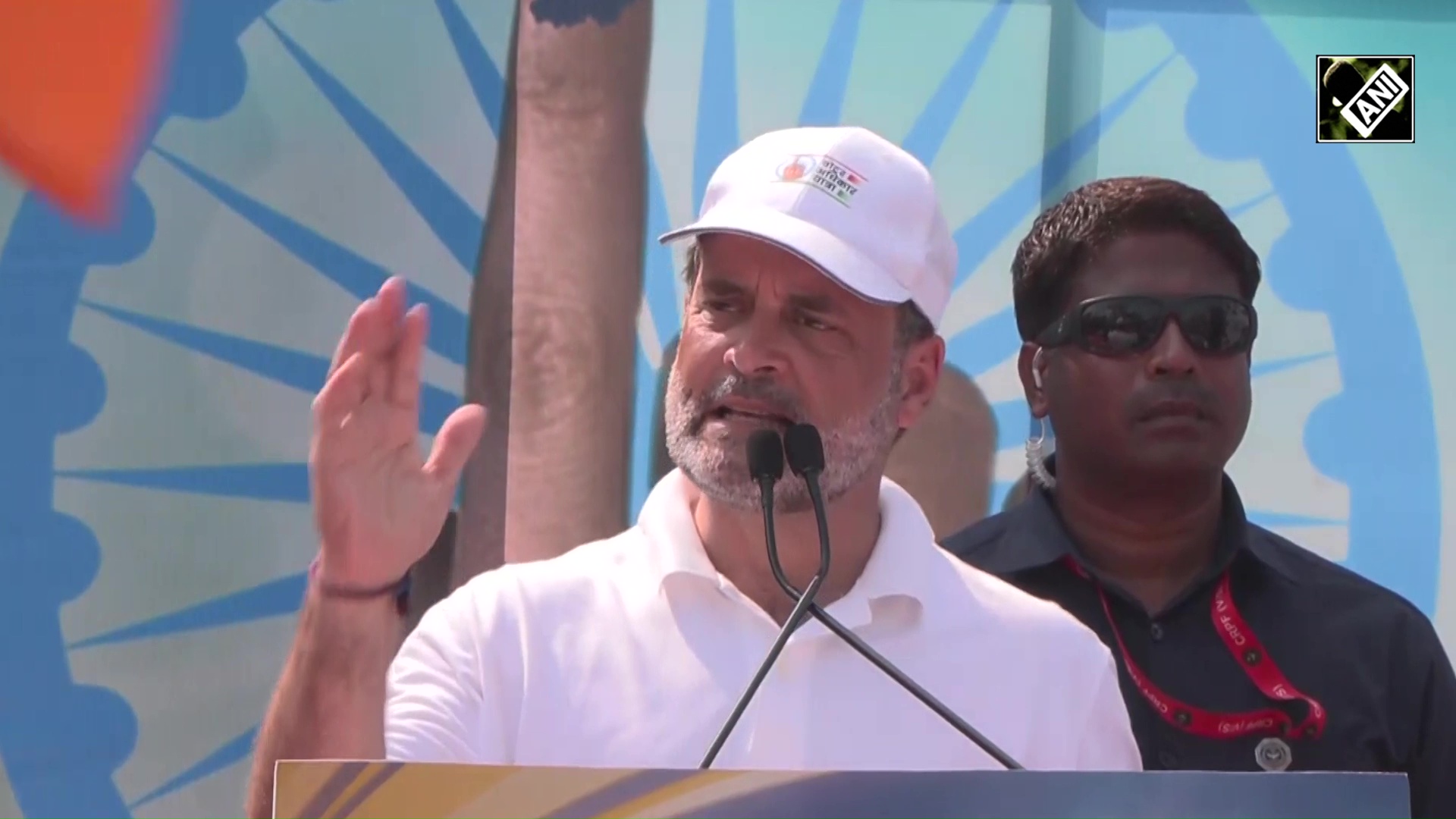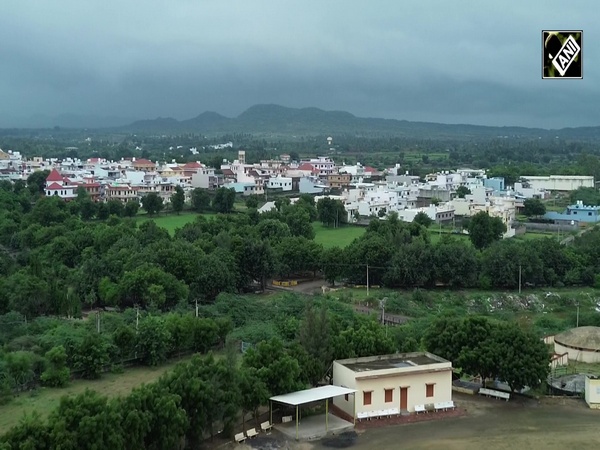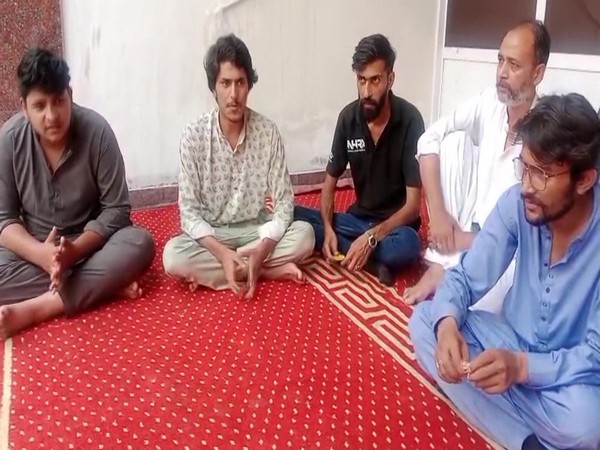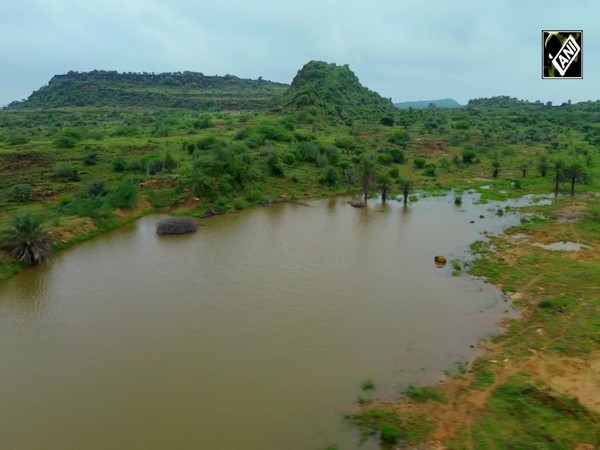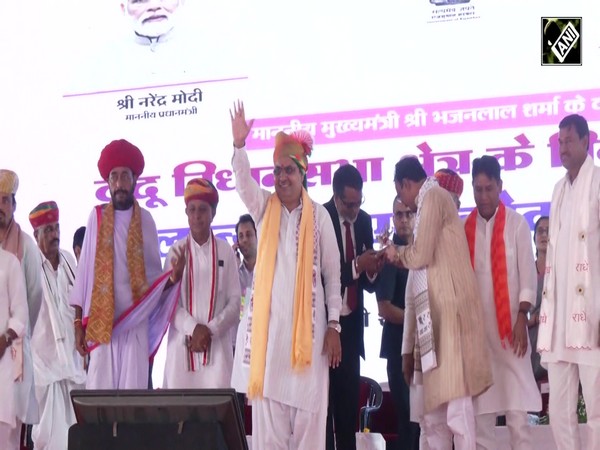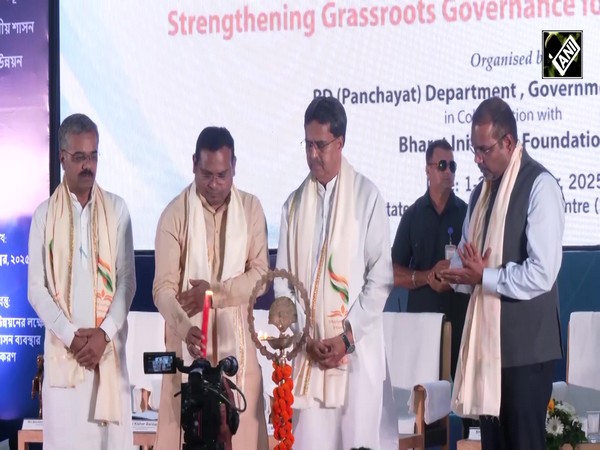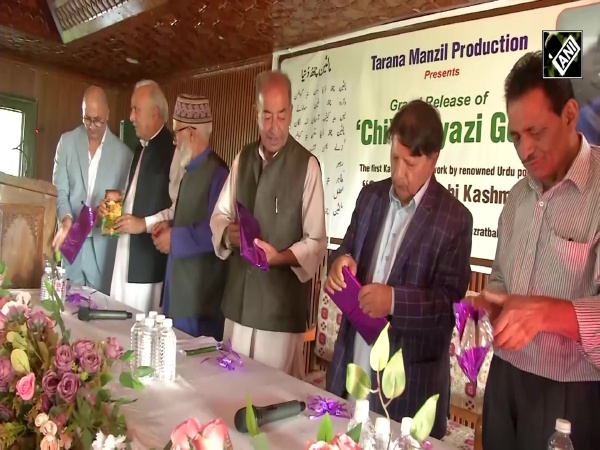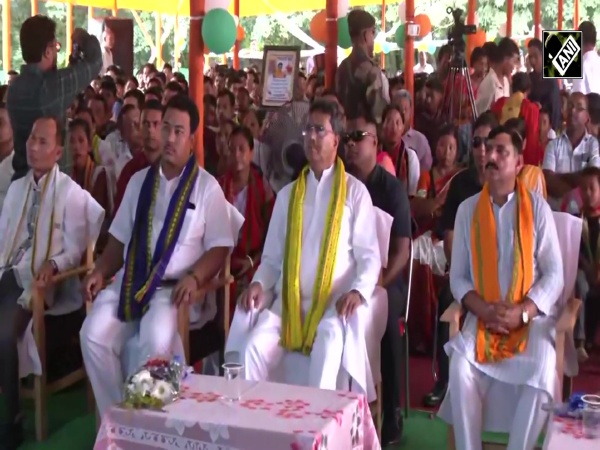Government has launched several initiatives, schemes for affordable, accessible justice for common people
Dec 08, 2023

New Delhi [India], December 8 : The Government has taken several initiatives and programmes for providing affordable and accessible justice to the common man in the country. One such initiative is the National Legal Services Authority (NALSA), the Ministry of Law and Justice said in a release.
NALSA has been set up under the Legal Services Authorities (LSA) Act, 1987 to provide free and competent legal services to the weaker sections of society as covered under Section 12 of the Act, to ensure that opportunities for securing justice are not denied to any citizen because of economic or other disabilities.
The activities/programmes undertaken by Legal Services Authorities include legal aid and advice; legal awareness programmes; legal services/empowerment camps; legal services clinics; legal literacy clubs; lok adalats and implementation of victim compensation scheme, the release said.
Secondly, under the aegis of the Legal Services Act, lok adalats are organised to promote justice based on equal opportunities. For this purpose, the legal services institutions have been set up from the Taluk Court level to the Supreme Court.
National Lok Adalats are organised simultaneously in all taluks, districts and High Courts on a pre-fixed date. State Lok Adalats are organised by state Legal Services Authorities as per local conditions and needs and permanent Lok Adalats are conducted daily or as per the number of sittings decided per week.
Further, in view of the Covid, E-Lok Adalat was conceptualized which significantly improved access to justice for people who were otherwise unable to participate in the Lok Adalats. The first E-Lok Adalat was held on June 27, 2020, and since then E-Lok Adalats have been organized in 28 states /UTs, wherein 441.17 lakh cases were taken up and 76.16 lakh cases disposed of.
Besides, a scheme on access to justice titled "Designing Innovative Solutions for Holistic Access to Justice in India" is implemented by the Government of India which aims to strengthen pre-litigation advice and consultation through Tele-Law.
It also aims to ensure a pan-India dispensation framework to deliver pro bono legal services through the Nyaya Bandhu (Pro Bono Legal Services) programme and to empower citizens through the pan-India legal literacy and legal awareness programme.
The Scheme embeds the use of technology and developing contextualized IEC (Information, Education and Communication) material in regional/local dialects to support its intervention and to achieve easy accessibility of legal services to the poor and weaker sections of society.
Another initiative, the National Mission for Justice Delivery and Legal Reforms set up in August 2011 has been pursuing a co-ordinated approach for phased liquidation of arrears and pendency in judicial administration, which, inter-alia, involves better infrastructure for courts, increase in strength of subordinate judiciary, policy and legislative measures in the areas prone to excessive litigation, re-engineering of court procedure for quick disposal of cases and emphasis on human resource development.
Under the Centrally Sponsored Scheme (CSS) for the development of infrastructure facilities for the Judiciary going on since 1993-94, court buildings and residential accommodations for judicial officers of the district and subordinate judiciary are being constructed.
The government has also established Fast Track Courts (FTCs) for dealing with cases of heinous crimes; cases involving senior citizens, women, children etc. As of October 31, 2023, 848 Fast Track Courts are functional for heinous crimes, crimes against women, and children etc.
Further, the central government has approved a scheme for setting up Fast Track Special Courts (FTSCs) across the country for the expeditious disposal of pending cases of Rape under IPC and crimes under the POCSO Act.
As of October 31, 2023, a total of 758 FTSCs including 412 exclusive POCSO (ePOCSO) Courts are functional in 30 States/UTs across the country which have disposed of more than 2,00,000 cases.
Lastly, a path-breaking initiative of the Government has been the eCourts Mission Mode Project which is a Central Sector Scheme being implemented in close association e-Committee, Supreme Court of India. It is under implementation for Information and Communication Technologies (ICT) development of the District and Subordinate courts.
